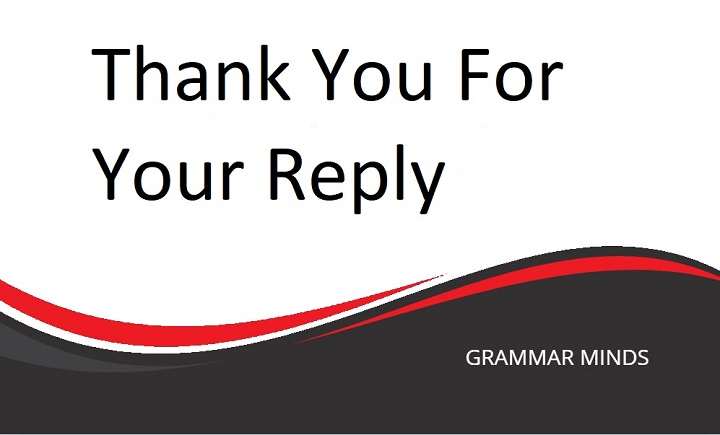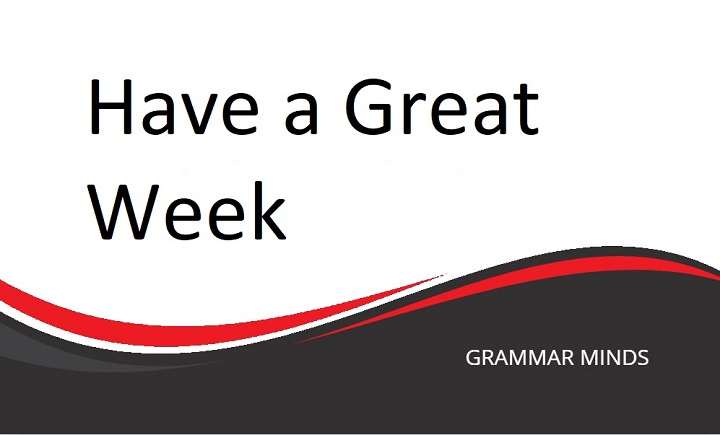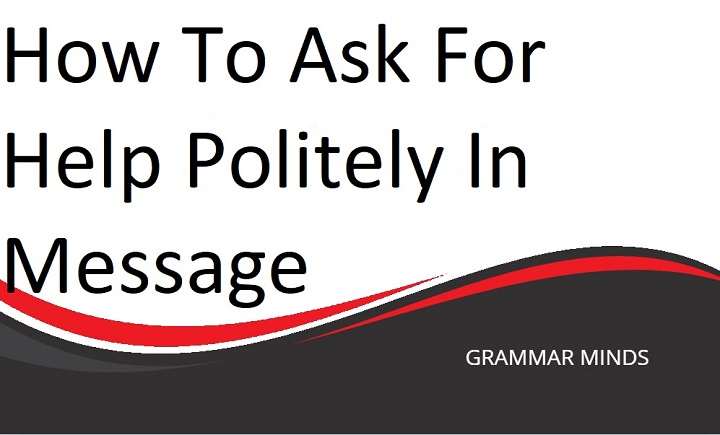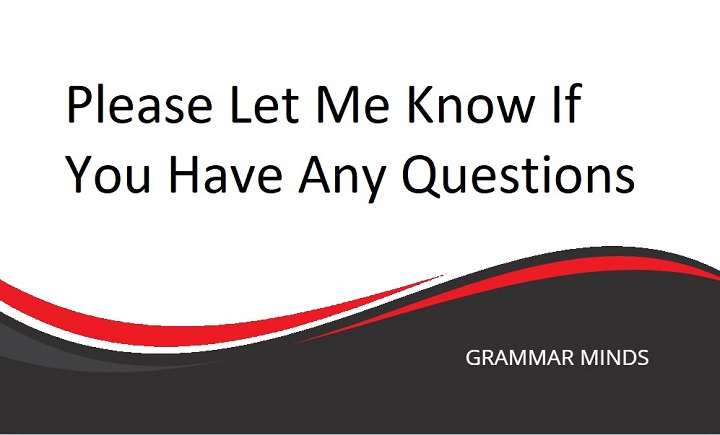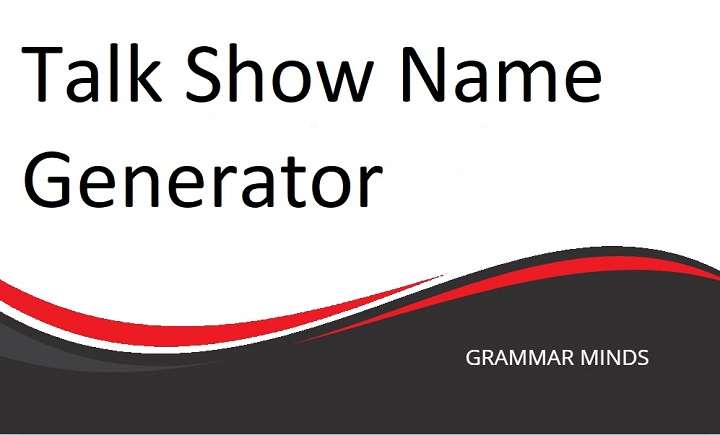When we communicate through emails, messages, or letters, we often rely on tried-and-true phrases to express gratitude and acknowledgement. One such phrase is “Thank you for your reply,” a polite and straightforward way to show appreciation when someone takes the time to respond.
But do you find yourself using the phrase “Thank you for your reply” repeatedly? Have you grown tired of this repetitive expression when communicating in your professional or personal life?
Don’t worry! We’ve compiled a handy list of alternative phrases that you can use to mix things up and sound more varied in your conversations. Whether you’re writing a professional email, responding to a colleague, or chatting with a friend, these phrases will add a touch of variety and polish to your communication.
Other Ways to Say “Thank You for Your Reply”
To avoid sounding monotonous, here are 10 alternative ways to say “Thank you for your reply” in both formal and informal settings:
- I appreciate your prompt response.
- Thank you for getting back to me.
- Your quick response is much appreciated.
- I’m grateful for your timely reply.
- Thanks for your speedy response.
- I truly appreciate your feedback.
- Thank you for your thoughtful response.
- Thanks for taking the time to reply.
- I value your quick feedback.
- Your response means a lot to me.
Key Notes
The phrase “Thank you for your reply” is grammatically correct and suitable for both formal and informal situations. However, it can sometimes feel a bit basic or overused, especially in professional communication.
- You can use “I appreciate your prompt response” for formal situations, especially in emails or business meetings.
- “Thank you for getting back to me” is a great informal alternative to “Thank you for your reply,” perfect for conversations with friends or family.
Keep reading to discover how to use these phrases in both formal and informal situations, and see real-life examples of how they can be applied effectively.
Alternative Phrases and How to Use Them
I Appreciate Your Prompt Response
Usage: If you’re looking for a more formal and professional way to say “Thank you for your reply,” try using “I appreciate your prompt response.” This phrase adds a sense of urgency and professionalism, making it perfect for workplace communication, especially in emails or business settings.
Example (in an email):
Dear John,
Thank you for your inquiry. I appreciate your efforts and look forward to collaborating further.
I appreciate your prompt response regarding the next steps.
Best regards,
Sara
Thank You for Getting Back to Me
Usage: “Thank you for getting back to me” is a versatile phrase that works in both formal and informal contexts. It conveys appreciation in a friendly yet professional manner, making it suitable for emails, chats, and even in-person conversations.
Example (in an email):
Dear Emma,
I hope this message finds you well. Thank you for getting back to me so quickly about the project details.
Looking forward to hearing your thoughts on the proposal.
Best,
Michael
Your Quick Response is Much Appreciated
Usage: This phrase is a polite and formal alternative to “Thank you for your reply.” It conveys urgency and shows the recipient that you value their time. This is a great choice for work-related emails and professional correspondence.
Example (in an email):
Hi Dr. Martinez,
Thank you for sharing your insights with us. Your quick response is much appreciated as we finalize the report.
Kind regards,
David
I’m Grateful for Your Timely Reply
Usage: This phrase is ideal for formal settings where you want to emphasize gratitude for someone’s quick action. It works well in situations where you need to show appreciation for time-sensitive responses.
Example (in an email):
Dear Ms. Chen,
Thank you for your collaboration. I’m grateful for your timely reply to my previous email. Your assistance is invaluable to the success of this project.
Sincerely,
Adam
Thanks for Your Speedy Response
Usage: This is a casual, informal alternative to “Thank you for your reply” and is perfect for less formal situations. It works well when speaking to friends, colleagues you know well, or in more relaxed workplace environments.
Example (in conversation):
Hey Tom,
Thanks for your speedy response to my text! Let’s meet up next week to finalize the plans.
Cheers,
Jake
I Truly Appreciate Your Feedback
Usage: This phrase focuses on valuing the input or feedback received, making it a polite and thoughtful alternative to “Thank you for your reply.” It’s suitable
Also Read
Tournament Name Generator: Unleashing Creativity for Your Next Event
for both formal and informal emails, especially when you are seeking or responding to advice or suggestions.
Example (in an email):
Dear Sophia,
Thank you for your detailed response. I truly appreciate your feedback on the presentation; it has given me a lot to consider.
Best regards,
Emily
Thank You for Your Thoughtful Response
Usage: When someone provides a detailed or considerate response, “Thank you for your thoughtful response” is a fitting way to show appreciation. This phrase is particularly appropriate for situations where you want to acknowledge the effort someone put into their reply.
Example (in an email):
Dear James,
Thank you for your thoughtful response. Your insights will be incredibly helpful as we move forward with the campaign.
All the best,
Rachel
Thanks for Taking the Time to Reply
Usage: This phrase works well when you want to acknowledge the time someone took out of their schedule to respond to you. It’s great for both formal and informal settings, particularly when expressing appreciation for detailed or time-consuming responses.
Example (in an email):
Hi Lily,
I really appreciate your input on the proposal. Thanks for taking the time to reply; it means a lot.
Best,
Mark
I Value Your Quick Feedback
Usage: This phrase works well in professional environments where you want to highlight the importance of timely communication. It emphasizes how much you value the recipient’s feedback and response time.
Example (in an email):
Dear Mr. Anderson,
Thank you for reviewing the draft. I value your quick feedback and look forward to making the necessary adjustments.
Best regards,
Karen
Your Response Means a Lot to Me
Usage: A more personal and heartfelt alternative to “Thank you for your reply,” this phrase works well in informal settings or situations where the recipient’s response has had a meaningful impact on you.
Example (in conversation):
Hey Julie,
Thanks for listening to me earlier. Your response means a lot to me—I really appreciate it.
Talk soon,
Anna
Is It Correct to Say “Thank You for Your Reply”?
Yes! “Thank you for your reply” is grammatically correct and suitable for both formal and informal settings. It’s a versatile phrase that can be used in professional emails, conversations with colleagues, or casual chats with friends. However, it can become repetitive if used frequently, which is why diversifying your language is important.
You can also try slight variations of this phrase, such as:
- Thank you for your response.
- Thanks for replying.
- I appreciate your reply.
In conclusion, “Thank you for your reply” is a perfectly acceptable and grammatically correct phrase, whether you’re using it in a formal or informal setting. However, the alternative phrases provided in this article will help you diversify your vocabulary and communicate more effectively in different contexts. From professional emails to friendly chats, using varied language not only enhances your communication skills but also shows the recipient that you’ve put thought into your message.

